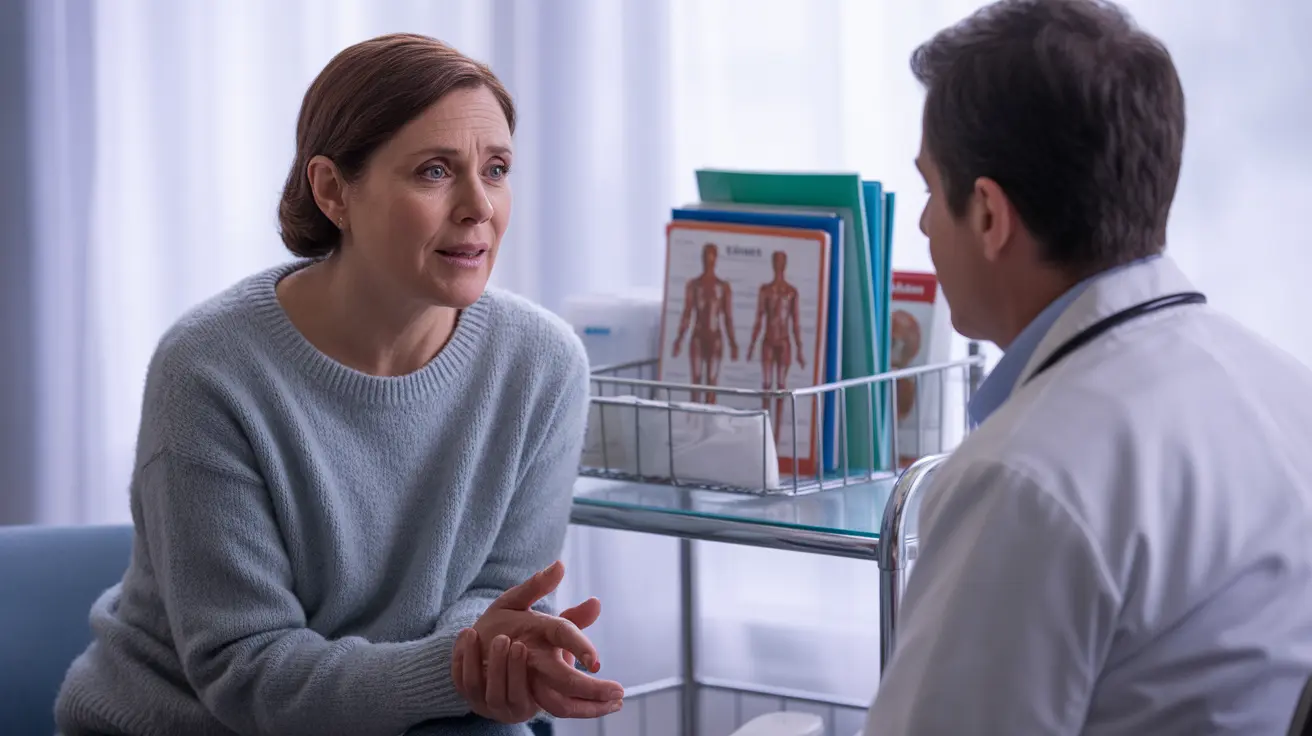Experiencing diarrhea during chemotherapy treatment is a common but challenging side effect that many cancer patients face. Understanding how long chemo diarrhea lasts and how to manage it effectively is crucial for maintaining comfort and health during treatment. This comprehensive guide will help you navigate this side effect and know when to seek medical attention.
Understanding Chemotherapy-Induced Diarrhea
Chemotherapy-induced diarrhea occurs when cancer treatments affect the cells lining the intestines, disrupting normal digestive processes. This side effect typically begins a few days after starting treatment, though timing can vary depending on the specific drugs used and individual factors.
Duration and Timing of Chemo-Related Diarrhea
Most patients experience diarrhea within the first 24-72 hours after receiving chemotherapy. The duration typically ranges from several days to two weeks, with symptoms usually resolving within a few days after treatment ends. However, some patients may experience longer periods of digestive disruption, particularly if they're receiving specific types of chemotherapy drugs or targeted therapies.
Common Triggers and Risk Factors
Several factors can influence the likelihood and severity of chemotherapy-induced diarrhea:
- Type of chemotherapy drugs being used
- Dosage and frequency of treatment
- Individual patient factors
- Previous gastrointestinal conditions
- Diet and nutrition status
Managing Chemotherapy-Related Diarrhea
Dietary Modifications
Making appropriate dietary changes can significantly help manage diarrhea during chemotherapy:
- Choose low-fiber, easily digestible foods
- Eat small, frequent meals
- Stay well-hydrated with clear fluids
- Avoid spicy, fatty, or dairy-rich foods
- Include foods high in potassium and sodium to replace lost electrolytes
Medical Interventions
Various medical treatments can help control diarrhea during chemotherapy:
- Over-the-counter anti-diarrheal medications
- Prescription medications when needed
- Probiotics (with physician approval)
- Electrolyte replacement solutions
When to Seek Medical Attention
It's essential to contact your healthcare provider if you experience:
- Severe diarrhea lasting more than 24 hours
- Signs of dehydration
- Fever above 100.4°F (38°C)
- Severe abdominal pain
- Blood in stool
Frequently Asked Questions
How long does diarrhea from chemotherapy usually last, and when should I expect it to stop?
Chemotherapy-induced diarrhea typically lasts between 3-10 days after treatment, though this can vary based on the specific treatment regimen. Most patients see improvement within a few days after completing their chemotherapy cycle.
What are the best ways to treat or manage diarrhea caused by chemotherapy?
The most effective management strategies include staying hydrated, following a bland diet, taking prescribed anti-diarrheal medications, and maintaining good nutrition. Working closely with your healthcare team to develop a personalized management plan is essential.
Which chemotherapy drugs are most likely to cause diarrhea, and how common is this side effect?
Fluoropyrimidines, irinotecan, and targeted therapy drugs are among the most likely to cause diarrhea. This side effect affects approximately 50-80% of patients receiving certain chemotherapy regimens.
What foods should I eat or avoid to help control diarrhea during cancer treatment?
Focus on consuming bananas, rice, toast, and other bland foods while avoiding spicy foods, dairy products, caffeine, and high-fiber foods. Stay hydrated with clear fluids and electrolyte solutions.
When should I call my doctor about chemotherapy-induced diarrhea, and are there serious complications I need to watch for?
Contact your doctor immediately if you experience severe diarrhea (more than 6-8 episodes per day), signs of dehydration, fever, severe abdominal pain, or blood in your stool. These symptoms could indicate serious complications requiring immediate medical attention.




